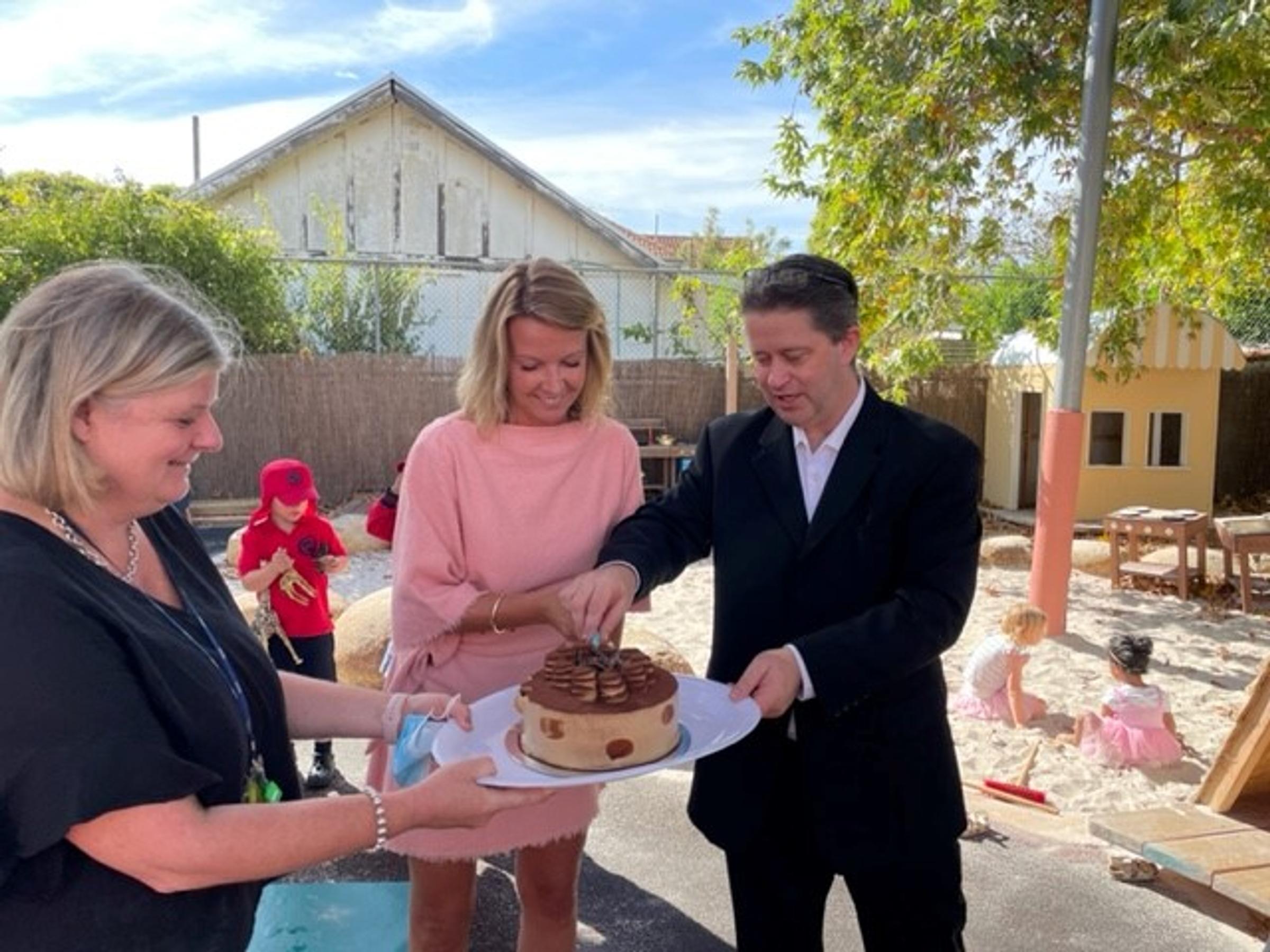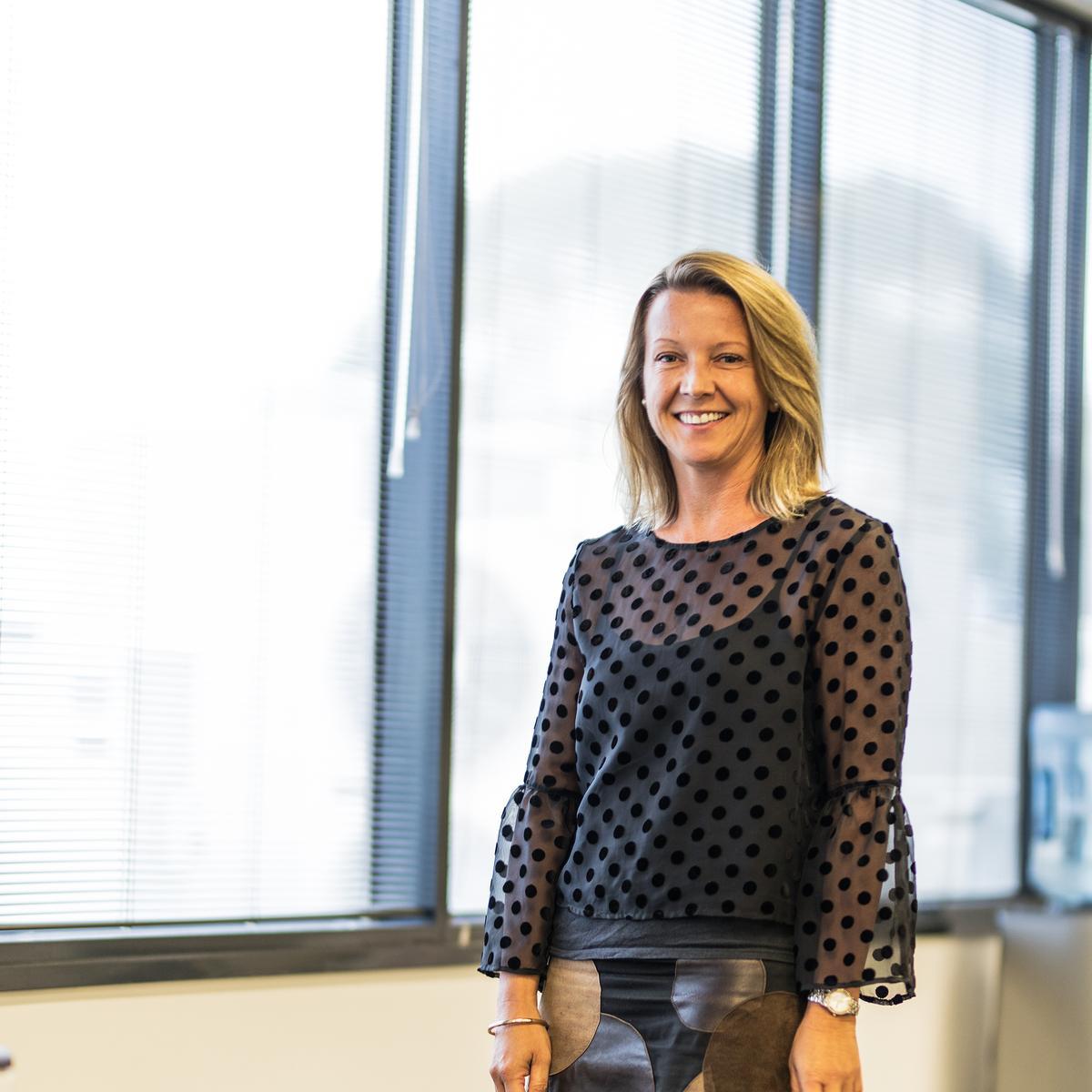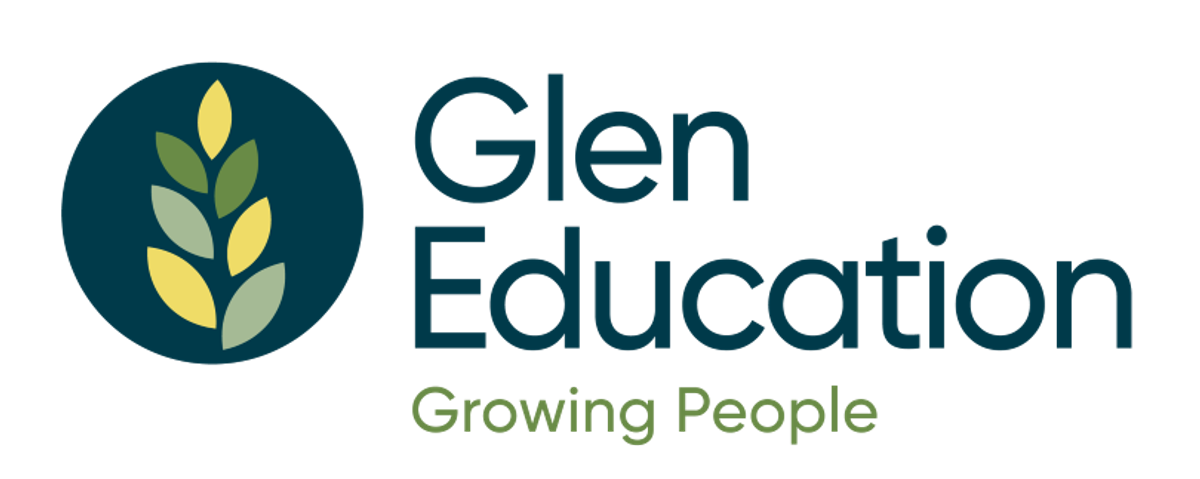CEO Report

CEO: Samantha Kolasa
At Glen Education, we play a small, but significant role in a child’s educational journey. Through our play-based approach to learning, our staff take the time to support and nurture all children in a positive and safe space. This allows children to look forward to being in an encouraging environment that promotes social and creative learning. When basic safety needs aren't met, children are at risk of not feeling comfortable at kindergarten and may stop attending, or they may remain on edge throughout the day. Promoting safety creates an open space for children to explore, learn and grow.
Evidence shows there is a strong link and interrelationship between learning and safety, and this has been recognised by many education systems around the world. Students who do not feel safe cannot learn to their full potential because they are distracted by feelings of stress or anxiety.
Children feel this lack of safety in their bodies – they sweat, describe ‘butterflies’ in their stomach, find it hard to settle and concentrate, and can be easily frightened. They often demonstrate these fears in their behaviours – by being restless, feeling tired and fighting with others.
For our three and four year olds, it can sometimes be difficult for children to articulate their emotions and they may need adults to help them find the words. The importance of parents and educators cannot be underestimated in helping children feel safe. Sometimes they need help to understand the links between their lack of security and their response.
It's sometimes difficult to know what children need from us. Whilst young children tend to have a overly optimistic view of the world, they do have genuine fears that we need to take seriously. Whilst for adults, some of these fears may seem irrational or based on fantasy (i.e. monsters under the bed), it is important that adults listen and acknowledge the feelings described, and take their fears and concerns seriously. Many of us react by wanting to ‘solve’ the problem, but it is critical that a child is given the opportunity to voice their thoughts and feelings before we try to solve them. In essence, we need to respect the child’s experience.
Whilst sometimes it is appropriate for adults to distract a child to help them calm down, it is equally as important to return to the conversation when the child is calm to help them make sense of their fears and feel acknowledged.
Even from a young age, in order for a child to feel safe, they also want to know what is being done to protect them from harm. This is no different for us as adults. When crime increases, we want to know that extra police have been engaged; when our bank account details are hacked, we want to know what processes and follow up actions are in place to protect the situation from occurring again. Our children need the same reassurance. Safety doesn’t just relate to the absence of physical harm.
At Glen Education, we want the child in a wheelchair to know that they can access indoor and outdoor play like their peers; we want to celebrate the significant days of other cultures; we are committed to creating learning environments that cater for the introverts and extraverts; we ensure that medications are up to date, and we know how to administer them. Safety refers to so many facets of a child’s life, and we have a responsibility to ensure that we provide an environment where children can discuss their fears, provide them with enough information to deal with potential threats but not cause them unnecessary worry, and help them understand how other adults and the community around them are keeping them safe.


